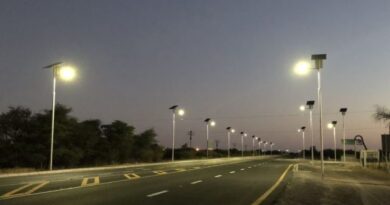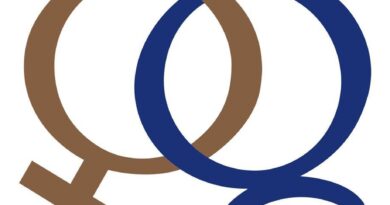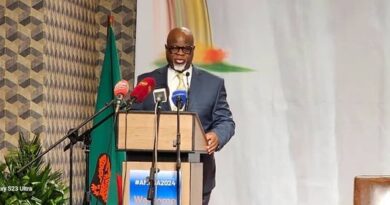SADC Executive Secretary to Lead Delegation to IMF-World Bank Meetings
The Southern African Development Community (SADC) Executive Secretary, Elias Magosi, will lead a delegation to the International Monetary Fund (IMF) and World Bank Spring Meetings taking place April 15-20 in Washington D.C.
This participation highlights SADC’s commitment to deeper cooperation and engagement on international development issues.
Magosi’s schedule extends beyond the core IMF-World Bank meetings. He is set to attend a high-level meeting focused on the Miombo Woodlands, participate in a separate conference on the same topic, and hold talks with various officials.
These meetings include those with representatives from the US government, the World Bank, German development agencies, and the Institute for Economics and Peace.
The aim of these various engagements is to build stronger cooperation and establish strategic partnerships that support the goals outlined in SADC’s development plans (RISDP 2020-2030 and Vision 2050).
While in Washington D.C., Magosi will also address delegates at a conference on the Miombo Forest Initiative.
This initiative centers on harnessing the potential of these woodlands for global efforts in climate change mitigation, biodiversity conservation, and achieving sustainable development goals.
It aligns with the “Maputo Declaration on the Miombo Forest,” a regional approach to sustainable management and protection of the Miombo Woodlands and the Greater Zambezi Basin.
Before these various meetings and conferences, Magosi will meet with SADC ambassadors stationed in Washington D.C. This is intended to leverage their knowledge and networks within this global hub for economic, political, and diplomatic relations.
Magosi’s visit coincides with SADC’s efforts to mobilize resources for high-impact regional projects valued at US$625 billion.
These projects target priority areas as defined in the RISDP, including peace, security, good governance, industrial development, infrastructure development, social development, and cross-cutting issues like gender, youth empowerment, environmental sustainability, and disaster risk management.



